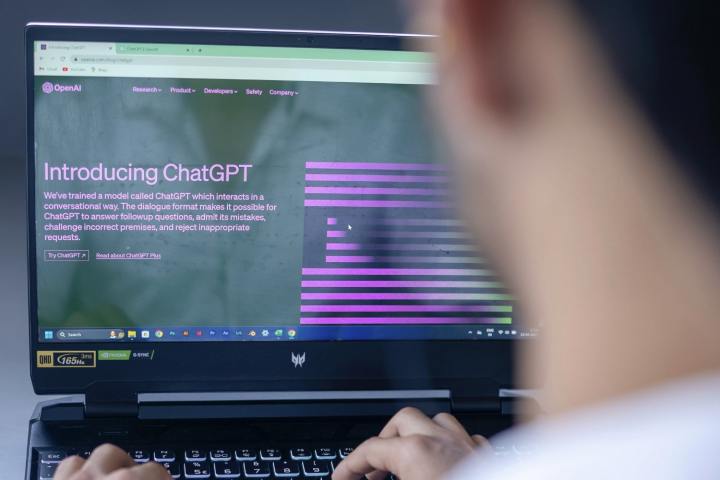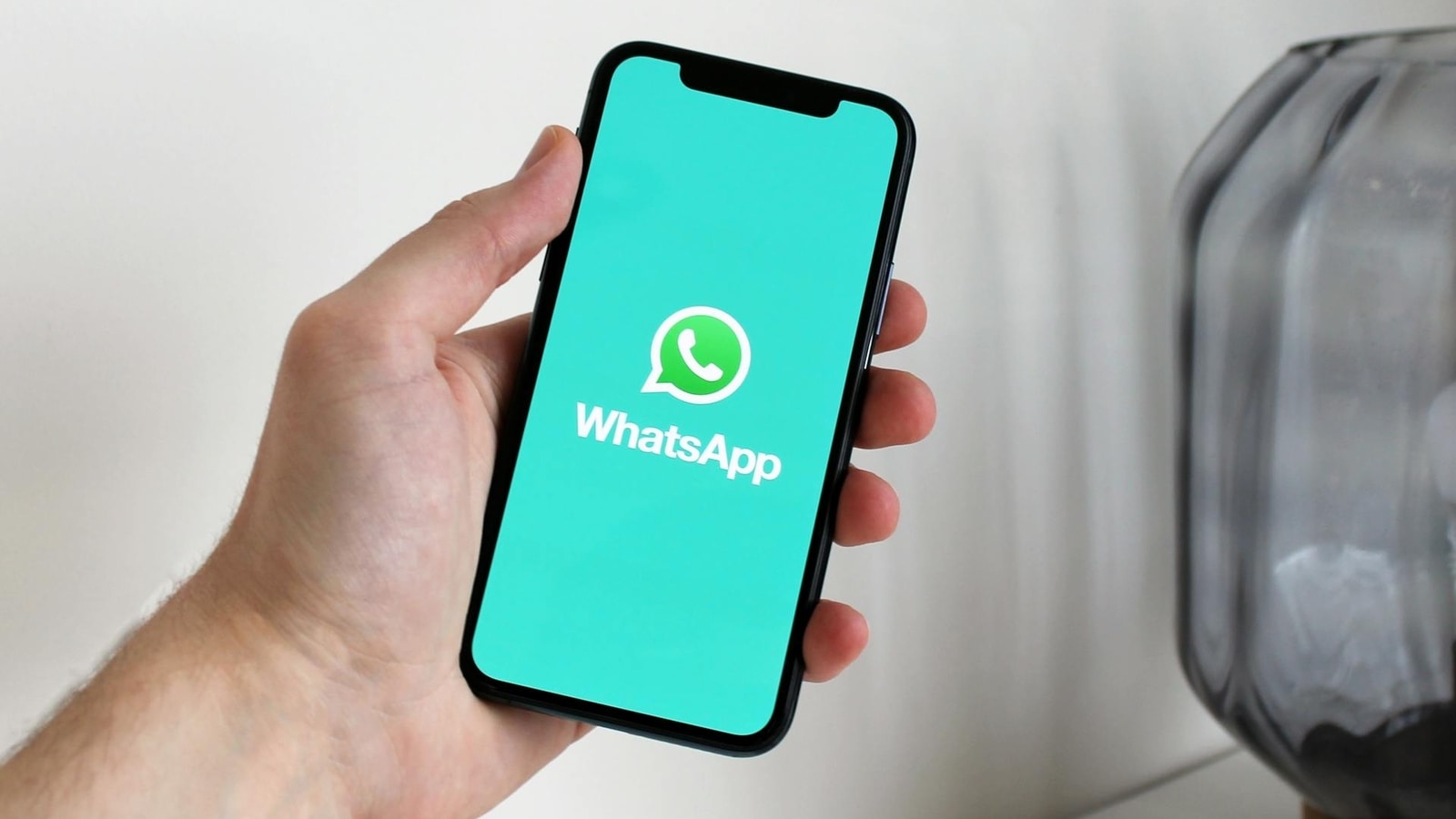 Viralyft / Unsplash
Viralyft / UnsplashOpenAI’s next-generation Orion model of ChatGPT, which is both rumored and denied to be arriving by the end of the year, may not be all it’s been hyped to be once it arrives, according to a new report from The Information.
Citing anonymous OpenAI employees, the report claims the Orion model has shown a “far smaller” improvement over its GPT-4 predecessor than GPT-4 showed over GPT-3. Those sources also note that Orion “isn’t reliably better than its predecessor [GPT-4] in handling certain tasks,” specifically coding applications, though the new model is notably stronger at general language capabilities, such as summarizing documents or generating emails.
The Information’s report cites a “dwindling supply of high-quality text and other data” on which to train new models as a major factor in the new model’s insubstantial gains. In short, the AI industry is quickly running into a training data bottleneck, having already stripped the easy sources of social media data from sites like X, Facebook, and YouTube (the latter on two different occasions.) As such, these companies are increasingly having difficulty finding the sorts of knotty coding challenges that will help advance their models beyond their current capabilities, slowing down their pre-release training.
That reduced training efficiency has massive ecological and commercial implications. As frontier-class LLMs grow and further push their parameter counts into the high trillions, the amount of energy, water, and other resources is expected to increase six-fold in the next decade. This is why we’re seeing Microsoft try to restart Three Mile Island, AWS buy a 960 MW plant, and Google purchase the output of seven nuclear reactors, all to provide the necessary power for their growing menageries of AI data centers — the nation’s current power infrastructure simply can’t keep up.
In response, as TechCrunch reports, OpenAI has created a “foundations team” to circumvent the lack of appropriate training data. Those techniques could involve using synthetic training data, such as what Nvidia’s Nemotron family of models can generate. The team is also looking into improving the model’s performance post-training.
Orion, which was originally thought to be the code name for OpenAI’s GPT-5, is now expected to arrive at some point in 2025. Whether we’ll have enough available power to see it in action, without browning out our municipal electrical grids, remains to be seen.

Andrew Tarantola is a journalist with more than a decade reporting on emerging technologies ranging from robotics and machine…
OpenAI could release its next-generation model by December

OpenAI plans to release its next-generation frontier model, code-named Orion and rumored to actually be GPT-5, by December, according to an exclusive report from The Verge. However, OpenAI boss Sam Altman is already pushing back.
According to "sources familiar with the plan," Orion will not initially be released to the general public, as the previous GPT-4 variants were. Instead, the company intends to hand the new model over to select businesses and partners, who will then use it as a platform to build their own products and services. This is the same strategy that Nvidia is pursuing with its NVLM 1.0 family of large language models (LLMs).
Read more
One of the hottest AI apps just came to the Mac (and it’s not ChatGPT)

Perplexity announced Thursday the release of a new native app for Mac that will put its "answer engine" directly on the desktop, with no need for a web browser.
Currently available through the Apple App Store, the Perplexity desktop app promises a variety of features "exclusively for Mac." These include Pro Search, which is a "guided AI search for deeper exploration," the capability for both text and voice prompting, and "cited sources" for every answer.
Read more
Radiohead’s Thom Yorke among thousands of artists who issue AI protest

Leading actors, authors, musicians, and novelists are among 11,500 artists to have put their name to a statement calling for a halt to the unlicensed use of creative works to train generative AI tools like OpenAI’s ChatGPT, describing it as a “threat” to the livelihoods of creators.
The open letter, comprising just 29 words, says: “The unlicensed use of creative works for training generative AI is a major, unjust threat to the livelihoods of the people behind those works, and must not be permitted.”
Read more



















 English (US) ·
English (US) ·